One year since anti-terrorist operation in Karabakh Setting the record straight
A year ago, on September 19-20, the armed formations of separatists and the Armenian army in the Karabakh region of Azerbaijan were ultimately neutralized. This achievement was made possible by the decisive and skillful actions of the Azerbaijani army and the government's commitment to rely on its own forces rather than seek permission from any superpower.
Even at that time, this event appeared to be a turning point in the history of the country and the entire region. However, as often happens in history, some aspects become clearer as we distance ourselves from the events. Moreover, the key trends of that time have only intensified.
First and foremost, it is crucial to highlight Azerbaijan's readiness and ability to defend its sovereignty and territorial integrity, resisting the pressures and blackmail from superpowers and certain regional players. Secondly, we should note the process of "normalizing Armenia," which is gradually beginning to shift away from its expansionist ideology. This shift has been facilitated by the efforts of Azerbaijan and its allies in recent years.
Against the superpowers
When assessing the significance of the anti-terrorist operation in September 2023, it is important to note a key difference from previous, even more challenging phases in Azerbaijan's struggle to restore its territorial integrity. In 2016 and 2020, Armenian separatism in the Karabakh region was primarily a remnant of the bloody "perestroika" era, an anachronistic holdover nurtured by General Secretary Gorbachev's efforts to consolidate power by weakening the leadership of the union republics, including that of Azerbaijan and Armenia at the time. In other words, it was a violent yet outdated project.
When Nikol Pashinyan came to power in 2018, he likely harbored no affection for the regime entrenched in Khankendi, with its violent and mafioso tendencies. Meanwhile, the collective West believed that Armenian separatism had made Armenia dependent on Russia.
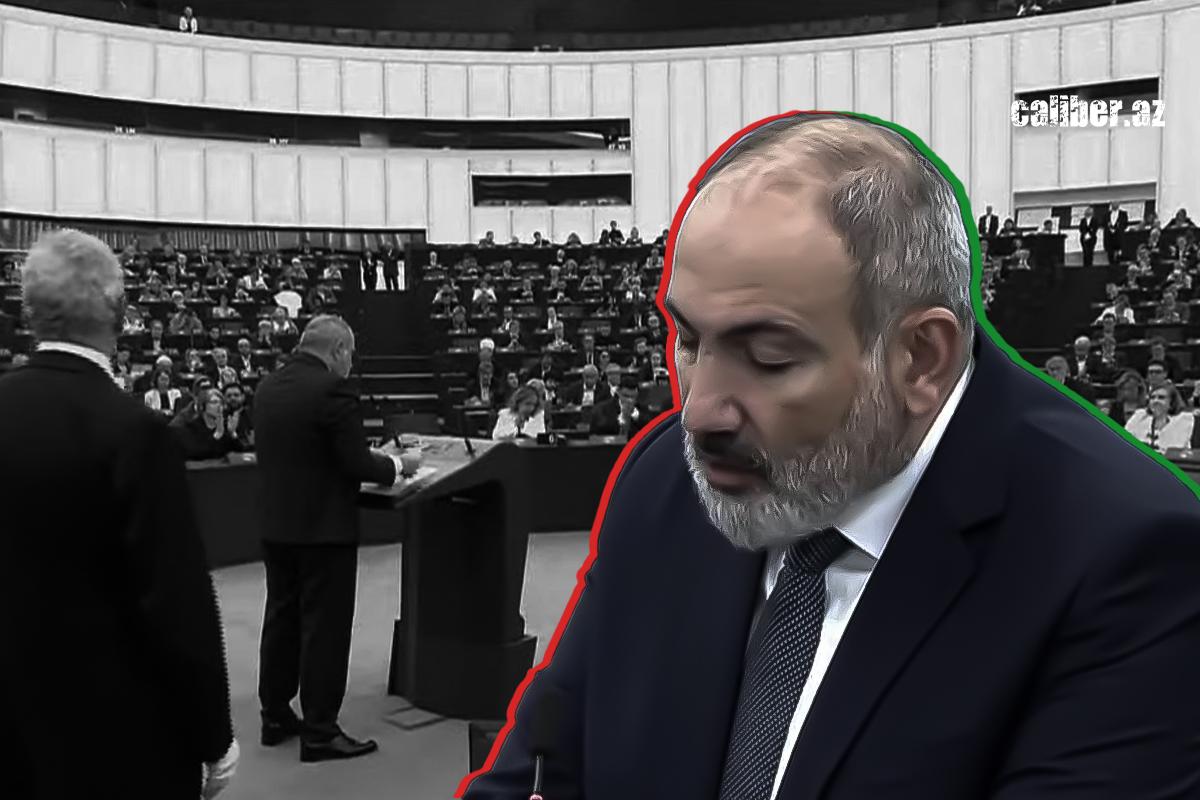
After 2020, the dynamics changed. The war helped Pashinyan weaken the internal opposition and pivot Armenia toward the West. However, the functions of the separatist entity also changed. A number of global and regional powers began to intrigue with the separatists to influence Pashinyan himself. For example, Moscow oligarch Ruben Vardanyan was sent as a last resort to save the separatist entity in Azerbaijani Karabakh in 2022. The United States and EU countries, taking into account Pashinyan's drift toward them and the weakening of the separatists as a result of the war, became interested in the possibility of "taming" the latter.
In other words, as Azerbaijan worked to rectify the consequences of Armenian territorial expansion, it once again faced a number of global and regional powers that, since the fall of 2020, began to rescue the separatists. Thanks, in part, to the efforts of the Armenian diaspora in Russia, the United States, Western Europe, and Iran, the allies of the separatists from these countries sometimes even united in the effort to save the Armenian expansionist project, despite the increasing conflicts between them on other issues.
A prime example is the situation involving oligarch Ruben Vardanyan, who arrived in Khankendi with an ambitious agenda: to rescue the expansionist project by first replacing the leadership of the separatists and eventually that of all of Armenia. He clearly anticipated personal immunity due to his connections with influential figures in both the East and the West. However, he ultimately found himself in an Azerbaijani detention center.
The intertwining interests of various global players in this case are particularly noteworthy. Although Vardanyan amassed his billions in Russia through well-known means, his interests in relations with Azerbaijani law enforcement are represented by a notable and iconic American attorney Jared Genser, renowned for his "special assignments."
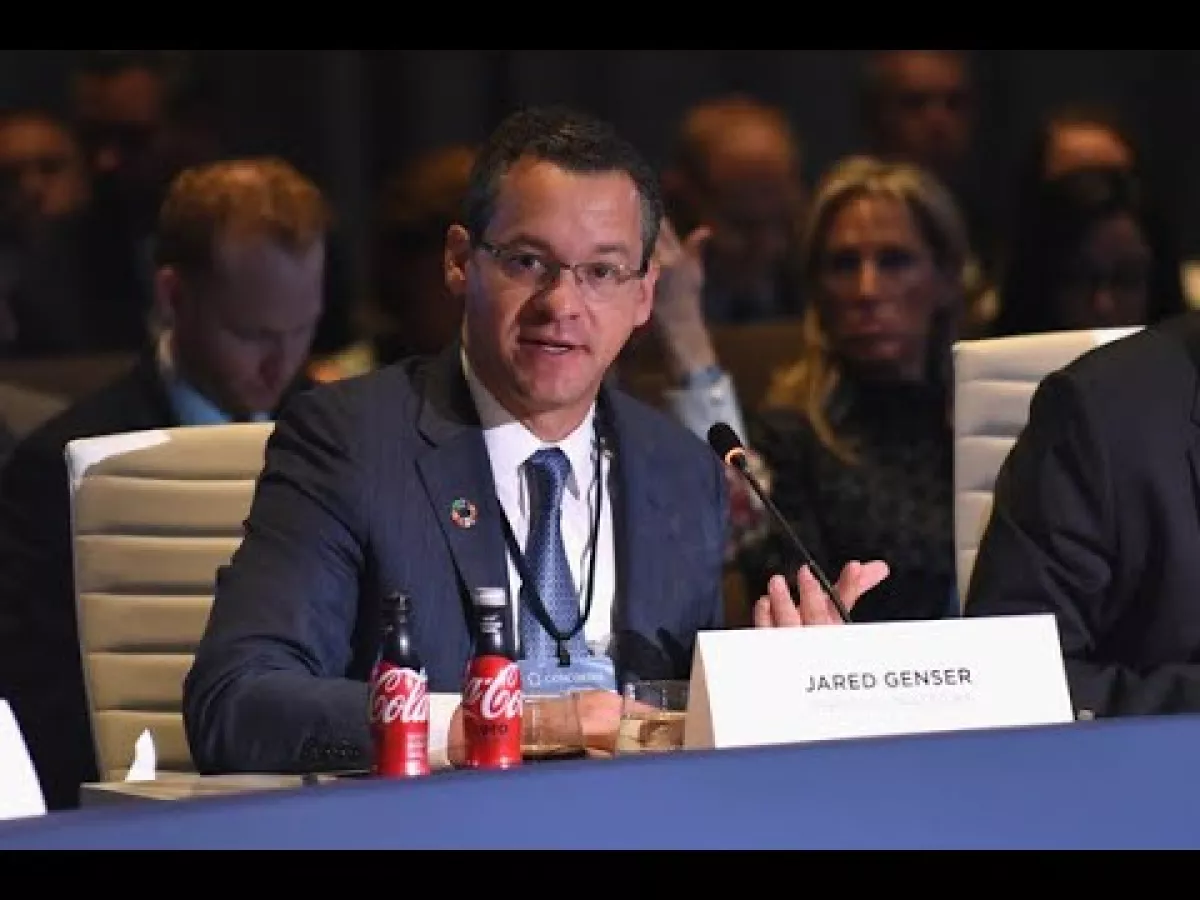
The Western press portrays him as a "miracle worker," capable of freeing anyone from anywhere, and almost as a saint dedicated to noble ideals. However, upon closer examination, his ideals appear quite selective—he focuses exclusively on securing the release of pro-American or at least pro-Western figures incarcerated in various countries. He shows little interest in those held in American prisons or jails in other Western nations. It’s no coincidence that he has been appointed a lifetime member of the Council on Foreign Relations, the main club of the American establishment, where this "human rights defender" sits alongside former CIA directors and similar figures.
As for how he secures the release of his clients, it has less to do with legal rights and more with power and intrigue. As he himself admitted to the Guardian, after writing complaints, he begins lobbying the US Congress and other institutions to issue threats to foreign governments demanding the release of his clients. This approach requires significant financial investment, but he has the resources, as Jared isn’t interested in “small fry”—he seeks clients who can attract the attention of Washington’s political elite. Therefore, his support for Vardanyan is not a quixotic endeavor but a clear political signal, hoping that the party responsible for holding the Moscow oligarch and the separatist leader accountable will reconsider its intentions and release Vardanyan.
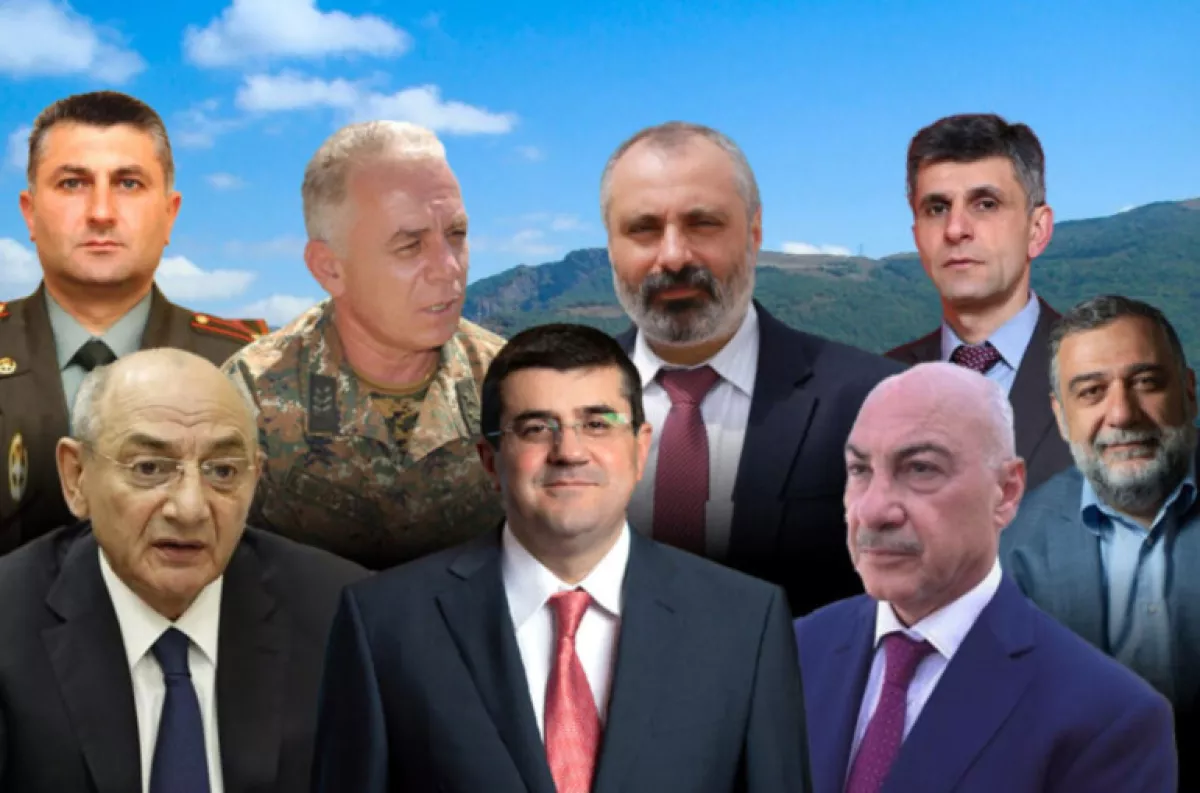
However, this approach does not work with Azerbaijan. Despite threats and blackmail, including related to the upcoming climate summit, Azerbaijan has refused to bow to the superpowers. When the issue of releasing separatist leaders was recently raised with the Azerbaijani Foreign Ministry, its spokesperson, Aykhan Hajizada, responded: "Regarding the return of prisoners of war, Azerbaijan does not have any obligation to release war criminals and representatives of the separatist junta regime."
Military art, not raw force
The complexity of the September operation was influenced not only by the increasing interest of various external powers in supporting the separatists but also by the substantial presence of Armenian military personnel among the armed individuals in the territories controlled by the separatists. With significant stockpiles of weapons and ammunition in the area, there was a real risk of military confrontation, which could lead to actual civilian casualties or the manipulation of such images—often indistinguishable in the modern world.
Despite assurances from Yerevan, the Armenian army continued to operate on occupied Azerbaijani territory after 2020. Consequently, Baku was compelled to take control of the Lachin corridor to stop the rotation and supply of the Armenian military contingent in the Karabakh region. Yet, this did not deter Yerevan from its policy of quiet occupation of Azerbaijani Karabakh. Instead, it accused Baku of imposing a blockade and creating a humanitarian crisis for the civilian population, even though the Azerbaijani government consistently offered to supply the Karabakh region from other parts of Azerbaijan.
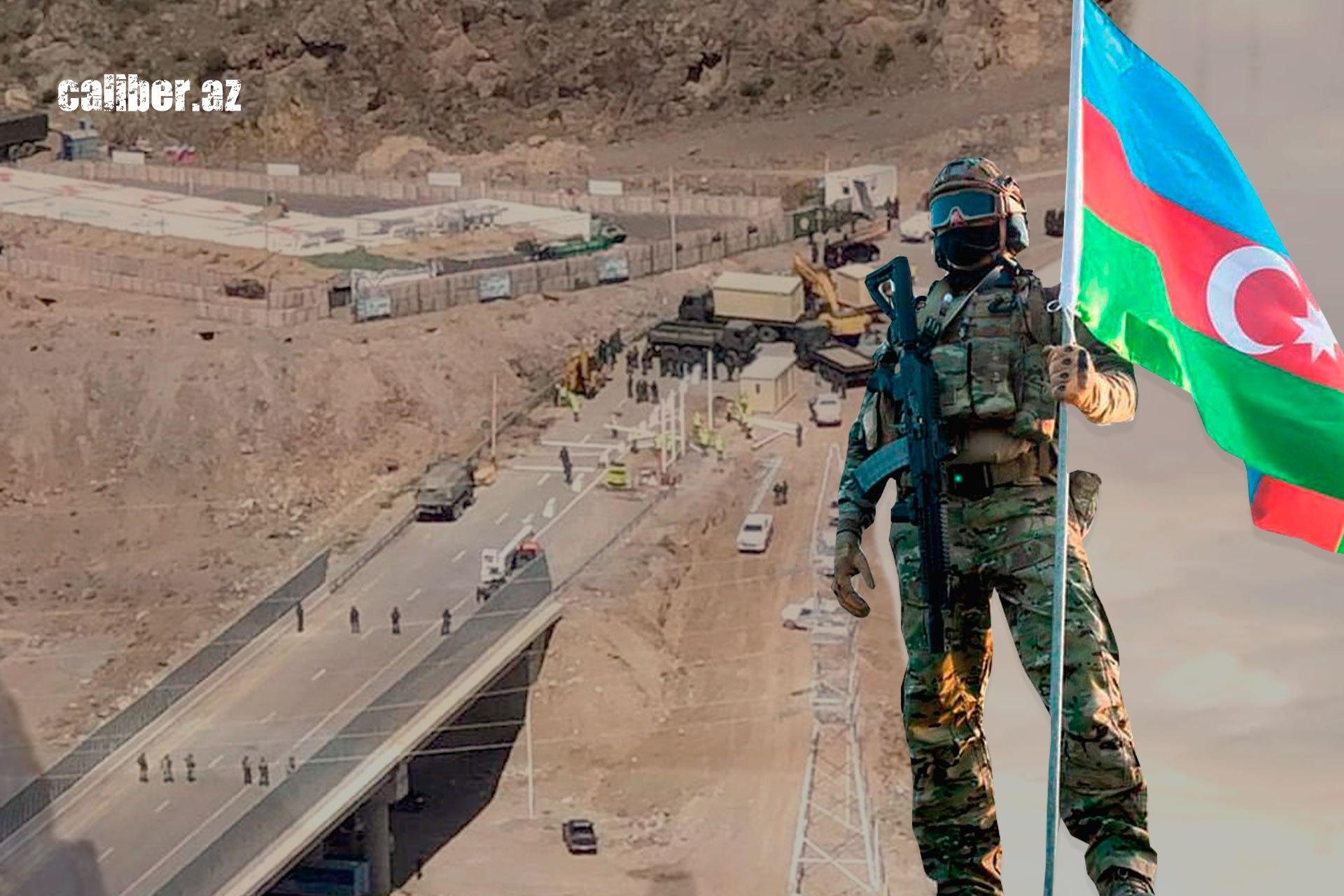
All secrets eventually come to light. This summer, the Armenian side began to acknowledge what Azerbaijani military officials had been asserting for years. In June, the last leader of the Karabakh separatists, Samvel Shahramanyan, revealed that the separatist armed forces had remained under the command of the Armenian General Staff until the very end. Pashinyan also made an unequivocal statement about who was responsible for what happened in Azerbaijan’s Karabakh. He criticized the separatists, saying: "It is significant that they surrendered in just two hours; they handed over weapons worth billions of dollars, acquired at the expense of the people of the Republic of Armenia, to Azerbaijan."
Achieving a "two-hour" defeat required years of preparation. Such a remarkable operation became possible primarily due to Baku's strategic patience. Azerbaijan refrained from rushing, methodically cutting off the supply and rotation routes for Armenian forces, which gradually weakened the separatists. Additionally, precise intelligence and effective use of firepower enabled a targeted strike against Armenian military personnel and separatists in just a few hours, with minimal impact on the civilian population—an unprecedented outcome in modern military conflicts. Initially, operations avoided entering populated areas to prevent incidents. If there have been any surgical strikes against enemy military targets in recent years, they were carried out by the Azerbaijani army during the dismantling of separatist structures in the Karabakh region. These victories were underpinned by decades of military capacity building and international relations, along with the professionalism and determination of ordinary soldiers.
Normalization of Armenia
In this way, Azerbaijan has achieved shifts in Armenian politics, creating an opportunity for Pashinyan's team to move away from the detrimental policy of territorial expansion. Pashinyan does not hide his negative attitude toward the leadership of the separatists, especially as their supporters attempt to blame him for their defeat. Recently, he firmly responded: "The representatives of the Nagorno-Karabakh elite, who raised toasts and accused us of treason, surrendered in two hours. These were the people who accused us of betrayal."
It is not surprising that the aforementioned Jared Genser recently expressed to the BBC his frustration over Yerevan's indifference to the fate of the separatist leaders. Genser described the Armenian government's efforts to secure Vardanyan's release as a "complete failure," claiming that Pashinyan's team does not even raise the issue of freeing the separatist leaders in peace talks with Baku. While the Armenian Foreign Ministry denies this, it is likely that Genser's claims hold some truth. This can be inferred from Pashinyan's remarks at a press conference earlier this month: "How did Ruben Vardanyan renounce his Russian citizenship? Who advised him to take this step? Who sent or commissioned him to the Republic of Armenia and Nagorno-Karabakh, for what purpose, under what conditions, and what promises were made?"
In other words, a process of distancing from the separatists is emerging in Yerevan.
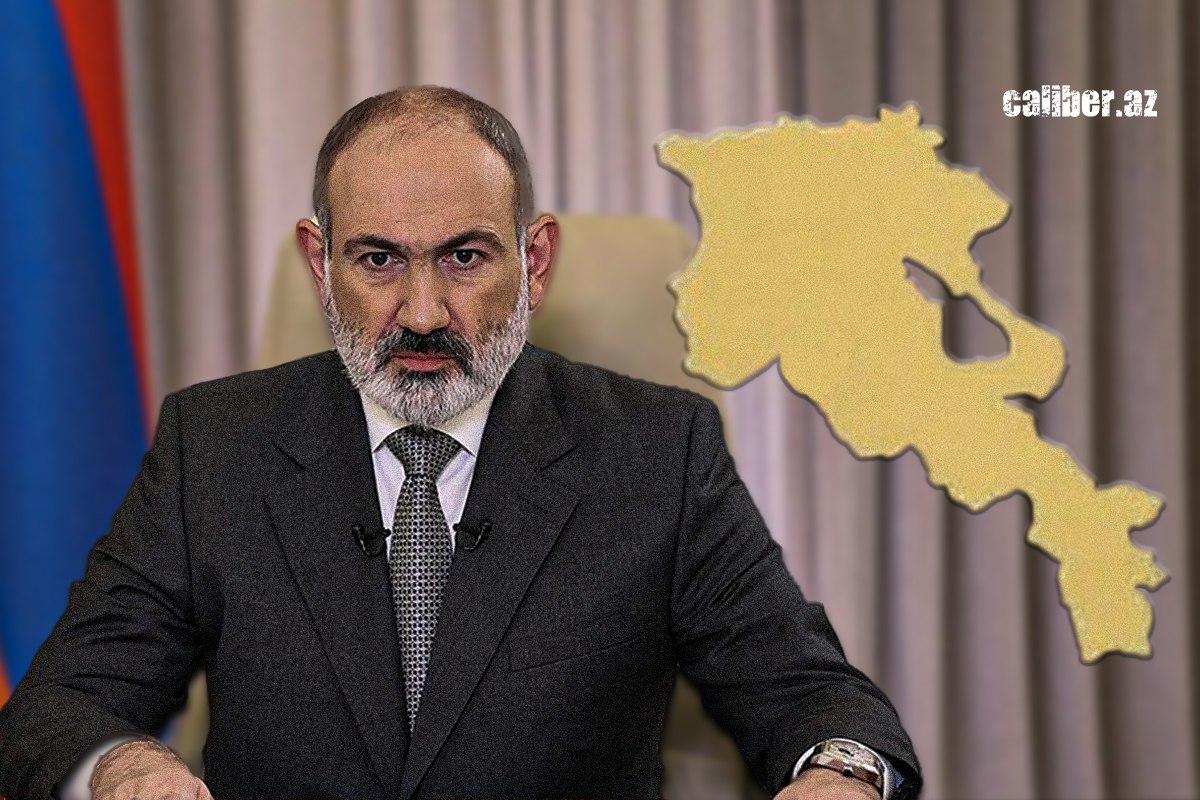
The second major outcome of September 2023, following the liberation of Azerbaijani territories, can be considered the beginning of the "normalization of Armenia." It is apt to draw an analogy with Germany in the 20th century. Germany also began to rid itself of its racism and nationalism only after being compelled to relinquish its colonized territories. During World War I, it was forced to withdraw from parts of Slavic lands, and after World War II, it lost its enclave in East Prussia and returned the other territories previously seized from Slavs and Balts. This had a notably positive impact on Germany—it ceased hostilities with all its neighbors and began to play a more constructive role by opening up communications and engaging in collaborative projects with countries from France to Poland and from the Czech Republic to Denmark, with which it had once vowed to fight eternally, claiming they occupied the space of "Greater Germany."
While the scale of similar processes in modern Armenia will certainly be smaller, the essence remains the same. The Armenian state did not find the strength to withdraw from the occupied territories on its own; however, being expelled from them has led to gradual changes. Undoubtedly, revanchist sentiments still run deep. For instance, on September 18, Armenia's Security Council Secretary Armen Grigoryan announced at the second World Armenian Summit that military expenditures by the Armenian state have surged dramatically: "If the defense budget in 2020 was X, over the past four years, that amount has increased a hundredfold. Thus, you can imagine the scale of orders for the military industry." Grigoryan expressed confidence that the government could manage these expenses but noted that "this figure has brought with it many challenges."
Interestingly and importantly, Prime Minister Pashinyan stated at the same event that "there is no country in the world capable of ensuring Armenia's security." Therefore, "the only guarantee of security is peace." It is noteworthy that he chose to make this declaration at the "World Armenian Summit," surrounded by a highly revanchist audience that perpetually advocates for solving Armenian issues through alignment with various countries.
Pashinyan's statements appear to stem from his disillusionment with the West. Although he criticized the Collective Security Treaty Organization (CSTO) for creating threats to Armenia, he emphasized that he would not sever ties with Russia and the Eurasian Economic Union (EAEU). He then made a curious remark: "If we see a real opportunity to become a full member of the EU while managing potential threats, we will not miss that chance." This suggests that the Armenian government is currently hesitant to rely on the West, despite the recent visit of the French Foreign Minister to Yerevan.
These difficulties faced by the Armenian establishment in securing Western support for re-militarization and potential revanchism are closely linked to the outcomes of the September operation and the dismantling of separatist structures in Azerbaijani territory. The loss of control over occupied areas has meant that Armenia can no longer establish any sort of "fortress" to resist its neighbors. No matter how much Western or Eastern weaponry is poured into it, its defense capabilities will remain minimal. The fundamental issue lies in the complete lack of strategic depth, which makes Armenian territory easily vulnerable even to less advanced weaponry, leaving Armenian forces with little room to maneuver.
As a result, the West views Armenia as a skeptical ally—an inexpensive but ultimately short-lived, one-time tool for exerting pressure on Russia or for attempting to secure more favorable oil and gas supplies from Azerbaijan. This is an unenviable prospect for Armenians, and it must be acknowledged that serious opportunities for Armenia will only arise through the establishment of constructive relations with its neighbors, particularly Azerbaijan, and by refraining from intrigues with external powers against neighboring countries. This obvious truth was once again underscored by the September 2023 operation, which, despite all the provocations from revanchists regarding the mass relocation to Armenia, was fundamentally a pathway to peace.








